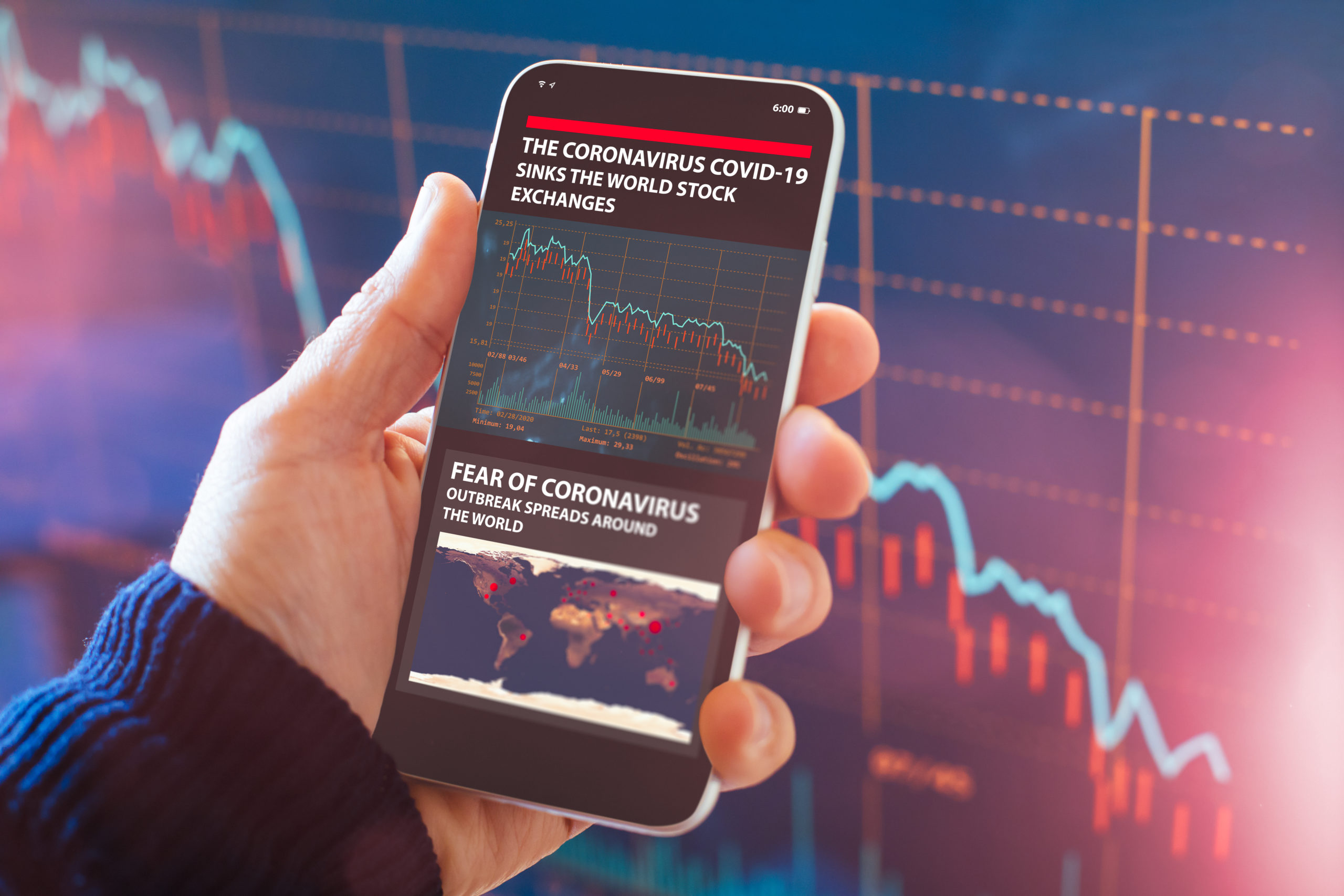Business
Coronavirus Pandemic a Major Threat to Global Economy

The emergence of Covid-19, a new coronavirus disease, is a tragic public health emergency. And as the International Monetary Fund warns that economic growth in China may slow, three broader risks to the global economy are becoming more apparent.
The first risk is, obviously, in China. While the precise origins of the disease remain unclear, it is hard to take a definite view on whether outbreaks of this kind could be avoided — for example, by better control over hygiene in food markets. But it is painfully obvious that a lack of transparency in China has contributed to fear, even panic.
BIG RISKS
As financial markets demonstrated in 2007-8, when the precise incidence of big risks is not well understood, people assume the worst. Rapidly falling asset prices may not contain much information — except that there is not much information to be had.
The Chinese authorities surely do not have the answers at this point but their inclination to suppress data and interpretation is tremendously unhelpful.
Secondly, the lack of American leadership is more painfully apparent every day. The United States has the strongest medical health system with capacity for research and development (government and private) that is second to none. Yet President Donald Trump’s administration seems to be concerned primarily with playing down the risks while keeping the virus out of the US — a nearly impossible task.
The private sector is working hard on a vaccine, and this is commendable. Unfortunately, over time, the lack of a consistent market for such vaccines has undermined investment in this sector. By creating the world’s largest market for many drugs, the US effectively supports research across a wide range of ailments — but only those with a large and steady local demand.
ILL-EQUIPPED
Even the most fervent believer in Trump’s “America First” must be willing to concede that it is not in America’s interest for the rest of the world to become sick. These are US allies, friends and customers. Also, few diseases will stop at America’s borders. Indeed, the US Centers for Disease Control and Prevention (CDC) says the question is not if, but when, Covid-19 spreads domestically.
The third risk is in emerging markets and developing countries. Poorer countries are ill-equipped to deal with this kind of disease — as seen in African countries’ refusal to airlift their citizens from China.
The news that the coronavirus has reached Italy has shaken world financial markets, but Italy is a relatively well-organised and rich country. A vibrant democracy ensures that people will quickly understand if containment and treatment measures are working.
We should be much more concerned about countries where nutrition is worse, housing standards weak and disease transmission can occur much more readily. If their health systems come under pressure, the US, Europe and others should step up quickly with technical assistance and essential supplies. But here, too, is a worrying lack of leadership.
It seems unlikely that this disease will be as deadly as some of those that our ancestors experienced. Medical practice and public health have advanced a great deal.
TRACK RECORD
The CDC is an outstanding organisation and the World Health Organisation has a strong track record when the chips are down. Private sector groups of dedicated doctors and nurses have performed extraordinarily well under the most difficult of circumstances. We are fortunate to live in an age that has so many heroic people.
Still, this coronavirus is a warning. Societies neglect access to healthcare systems and reduce investments in research and development at great peril. Diseases are always evolving and we must continually increase our capacity to understand and fight emerging threats.
The best way forward is by strengthening science, training more scientists and building more labs. Countries that are able to do this should share ideas and knowledge as widely as possible. We should invest in scientists to save ourselves and our neighbours all over our deeply interconnected world.
Prof Johnson, a professor at MIT Sloan, author and informal adviser to US Senator Elizabeth Warren's presidential campaign, is a former chief economist of the IMF.
© Project Syndicate(c) 2020 Nation Media Group. All Rights Reserved. Provided by SyndiGate Media Inc. (Syndigate.info).



